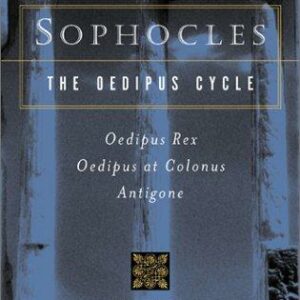Domestic Georgic
$27.50
| Title | Range | Discount |
|---|---|---|
| Trade Discount | 5 + | 25% |
- Description
- Additional information
Description
Inspired by Virgil’s Georgics, this study conceptualizes Renaissance poetry as a domestic labor. When is literary production more menial than inspired, more like housework than heroics of the mind? In this revisionist study, Katie Kadue shows that some of the authors we credit with groundbreaking literary feats—including Michel de Montaigne and John Milton—conceived of their writing in surprisingly modest and domestic terms. In contrast to the monumental ambitions associated with the literature of the age, and picking up an undercurrent of Virgil’s Georgics, poetic labor of the Renaissance emerges here as often aligned with so-called women’s work. Kadue reveals how male authors’ engagements with a feminized georgic mode became central to their conceptions of what literature is and could be. This other georgic strain in literature shared the same primary concern as housekeeping: the necessity of constant, almost invisible labor to keep the things of the world intact. Domestic Georgic brings into focus a conception of literary—as well as scholarly and critical—labor not as a striving for originality and fame but as a form of maintenance work that aims at preserving individual and collective life. Katie Kadue is a Harper-Schmidt Fellow in the Society of Fellows at the University of Chicago. Introduction: The Private Labors of Public Men
1: Rabelais in a Pickle: Fixing Flux in Le Quart Livre
2: Spenser’s Secret Recipes: Life Support in The Faerie Queene
3: Correcting Montaigne: Agitation and Care in the Essais
4: Marvell in the Meantime: Preserving Patriarchy in Upon Appleton House
5: Milton’s Storehouses: Tempering Futures in Areopagitica, Paradise Lost, and Paradise Regain’d
Conclusion: A Woman’s Work Is Never Done
Acknowledgments
Notes
Bibliography
Index
Additional information
| Dimensions | 1 × 6 × 9 in |
|---|










